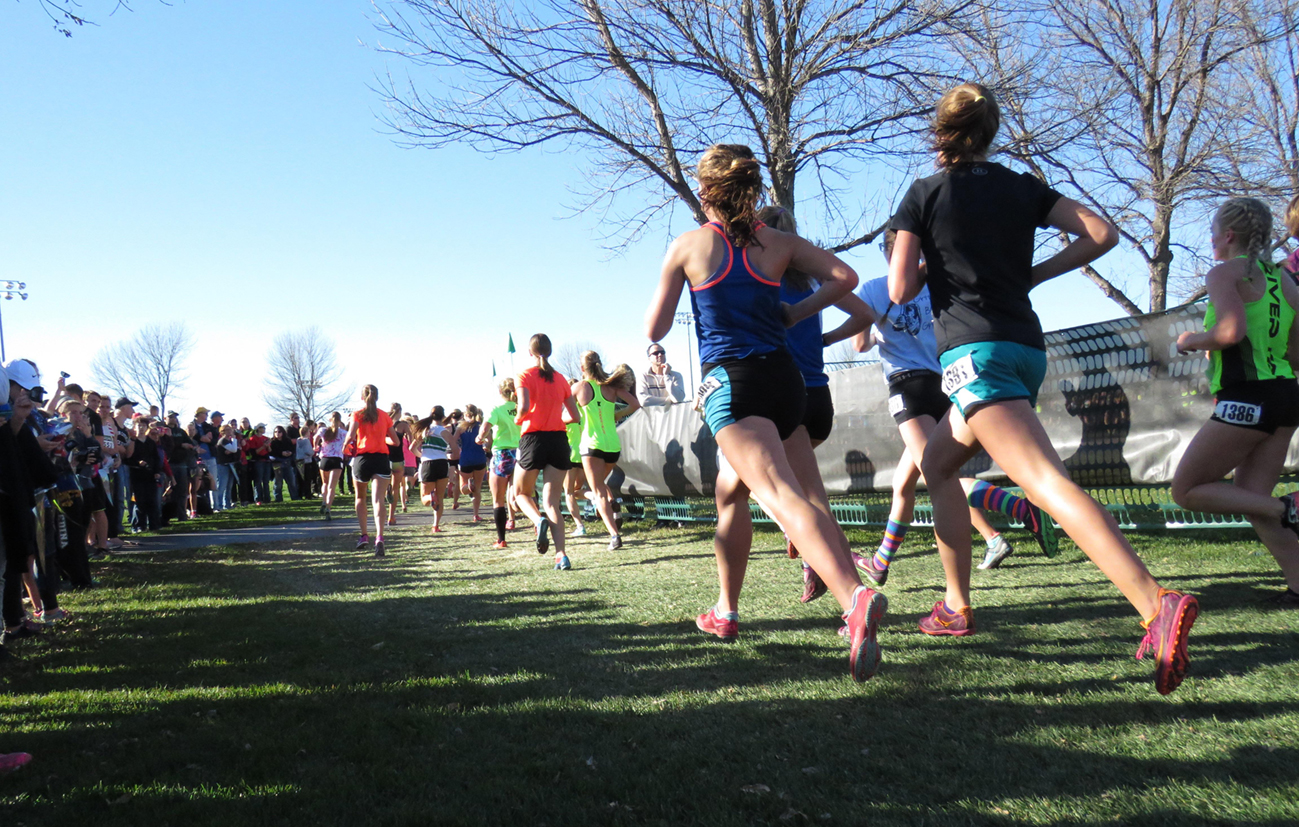"I Don't Feel My Best:" Suggestions for Overcoming Perfectionism

Published
“I’m not feeling well today.” Truth or excuse? Or perhaps more accurately, a self-handicap? We have all probably done this, whether we realize it or not - we make an excuse before we even try out of fear or nervousness. This preemptive excuse-making is a way to protect our self-esteem and ensure that if we fail, the failure was not any fault of our own.
When we think about expectations that we set for ourselves, we can sometimes overlook from where these expectations are derived. Perfectionism can be one source of expectations and include expectations that come from the self (self-oriented) or others (socially prescribed), or those that can be directed toward others (other-oriented) (Hewitt & Flett, 1991). Unfortunately, we can sometimes compare ourselves to others or set very high personal standards, which can potentially lead to unachievable expectations.
What do these expectations mean for our self-esteem and performance? Regardless of how perfectionistic one is, events that involve self-presentation drive us to care about the evaluations of others and how we are being perceived. Therefore, when our self-esteem feels threatened, we find a way to protect it. This is when self-handicapping can occur. Self-handicapping is a behavior that allows us to excuse failure or accept undue credit for our success (Berglas & Jones, 1978). For example, if you say, “I’m not going to be able to run as fast today because my muscles are sore,” then you have an excuse for a lesser performance. Conversely, if you do run just as fast, you are admired even more for having overcome the obstacle of sore muscles.
Self-handicapping is not always a bad thing, but it is also not harmless. Self-handicapping can help us overcome our fear of not being perfect and allow us to take action when we are not feeling confident (Ryska, 2002). However, if we want to focus less on being perfect, which does not always lead to better performance (Hill et al., 2018), and more on doing our best, self-handicapping is not the best solution. Instead, try one of these techniques to increase overall self-esteem and self-efficacy in your sport as well as reduce perfectionistic concerns to maximize your performance potential:
Problem-Focused Self-Reflection
Rather than avoiding a situation that may seem threatening, do your best to face it head on. Take yourself through the exercise of asking ‘why.’ Start with the question: Why does this situation feel threatening? Then follow up with asking ‘why’ to your response to the first question. For example, if your answer to the first question is, “Because I think I might fail,” your second question is: Why do I think I might fail? Continue this line of questioning until you reach a point at which the answer provides more insight to the initial question. To continue the previous example, your last ‘why’ question may be: Why do I not believe in myself? Your insightful answer may be, “Because I tell myself that I am not good enough.” Then you have a more specific problem on which to focus your coping efforts.
Effective Self-Talk
When we are so focused on being perfect and do not allow ourselves room for flexibility, we can find ourselves in a downward spiral of negative self-talk. I am a failure. My performance was awful; I should have done better. I’m worthless! Self-talk is an automatic process that, with practice, can become intentional. Your goal is to start by recognizing when negative self-talk is occurring. What situations cause the most negativity? How does the negative self-talk make me feel? Once you are aware of how you talk to yourself, then you can begin to change it. Create short, positive, believable phrases and work on repeating those phrases in less threatening situations. Eventually, you will find that intentional effective phrases rather than automatic negative talk become your default while performing.
Reframing
The skill of reframing can allow you to view a threatening situation as a challenge to be conquered. To reframe a situation, observe when you are feeling fearful or threatened. Is it before an important competition? Is it when certain people are watching? Use your ‘why’ questioning to understand why the situation seems overwhelming, then use this information to change the threat into a challenge. For example, you could think, “Competing in the state competition is really overwhelming.” Why? “Because my team is counting on me to win.” Reframing this situation would look like: “Instead of making an excuse for why I’m not going to perform my best, I’m going to seize the opportunity to show off my hard work."
Self-handicapping does not have to be a part of your sport experience. Focusing on what you can control, such as your self-talk, can help mediate the effects of perfectionistic concerns (Stewart & De George-Walker, 2014) and ultimately lead to your best performance.
References
Berglas, S., & Jones, E. E. (1978). Drug choice as a self-handicapping strategy in response to noncontingent success. Journal of Personality and Social Psychology, 36, 405-417.
Hewitt, P. L., & Flett, G. L. (1991). Perfectionism in the self and social contexts: Conceptualization, assessment, and association with psycho-pathology. Journal of Personality and Social Psychology, 60, 456-470.
Hill, A. P., Mallison-Howard, S. H., & Jowett, G. E. (2018). Multidimensional perfectionism in sport: A meta-analytical review. Sport, Exercise, and Performance Psychology, 7, 235-270.
Ryska, T. A. (2002). Effects of situational self-handicapping and state self-confidence on the physical performance of young participants. The Psychological Record, 52, 461-478.
Stewart, M. A., & De George-Walker, L. (2014). Self-handicapping, perfectionism, locus of control and self-efficacy: A path model. Personality and Individual Differences, 66, 160-164.
Share this article:
Published in:





